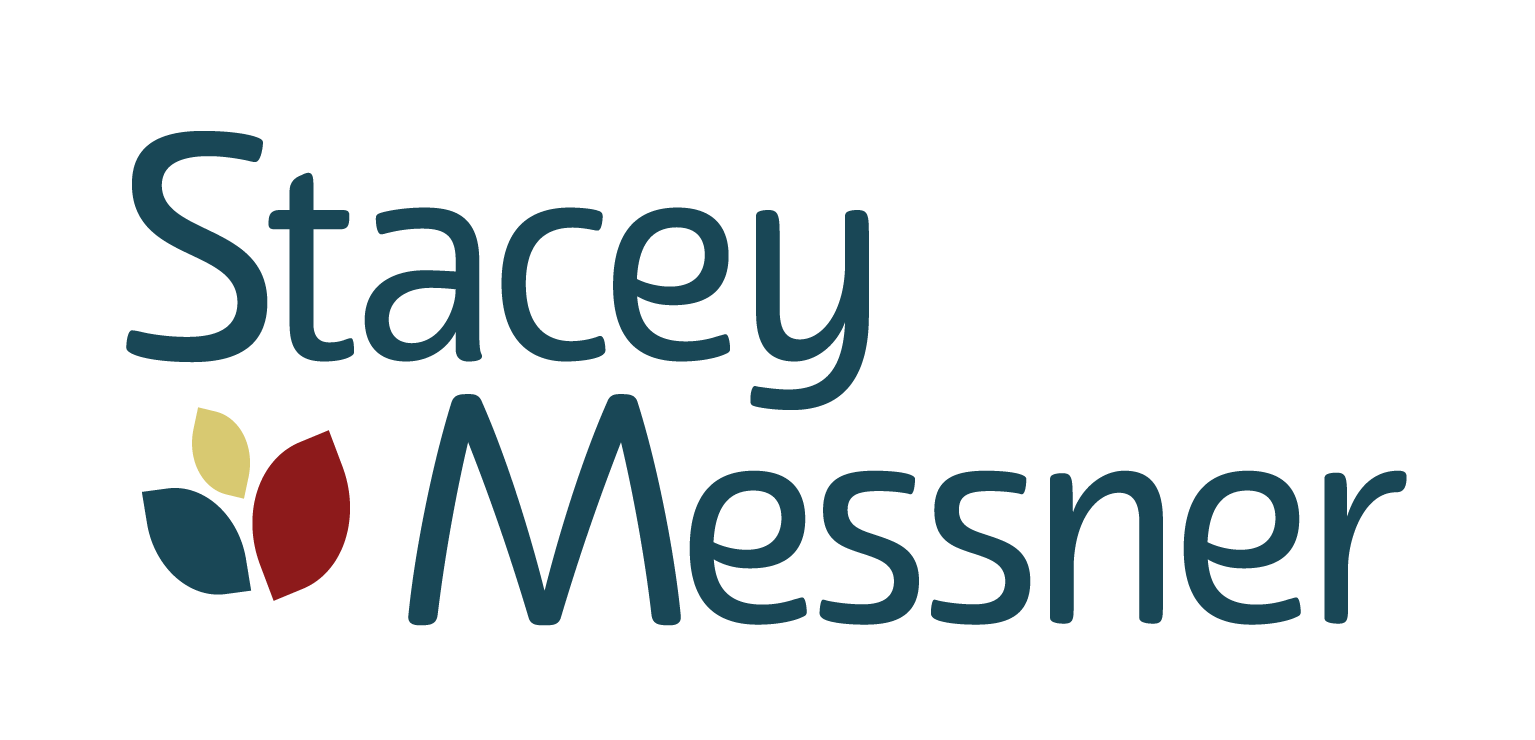Banging out an HR Policy - When Faster isn't Better
I can write an HR Policy in a couple of hours, but it doesn’t always mean that I should. For an effective HR policy to be meaningful, sustainable and rooted in the best practices of your business, there are other factors worth taking the time to think about.
What legislation applies to the HR policy?
HR policy is meant to protect the interests of a business without infringing on the legislative rights of the employee. Legislation that should be considered when writing HR policy includes employment standards, human rights, employment equity, privacy, occupational health and safety, and in some businesses a collective agreement. HR Policies need to be compliant with legislative minimums. If they don’t there is risk of a legal claim.
What external factors do we need to consider?
As a business you are only obligated to ensure that you are providing and following the minimum standards of legislation. However, the economic climate, job market, technology, changes in legislation, industry trends, and what the competition is doing can affect your HR Policy.
For example: If your business offers the legislated minimum amount of vacation for new employees but the competition offers more this could be a barrier to attracting and retaining employees.
What is your current practice?
Creating HR policy about a process that is already in place may seem easy, but when putting it in writing it raises a lot of questions. Maybe those questions were the one’s nobody knew the answer to, or were afraid to ask. A written policy helps with the consistency of the process and ensures what everyone is saying is actually what everyone is doing.
For example: If your business expects employees to leave all communication devices out of the room during meetings, the best practice needs to be discussed with all employees and then reinforced in a written policy. The discussion is also the opportunity for all to express concerns, present scenarios, and devise solutions so that everyone is on the same page in regards to the practice.
What are your businesses core values?
Core values are the guidelines for your business or “how things are done around here”. If your business believes integrity is a core value – what does that look like when writing an HR policy? It could be writing policies in fair and non-judgemental language.
What are the expectations of the employer and employee?
How many times have you heard someone say “I didn’t know I had to do that?” or “I thought so-and-so was doing that?” Communicating the process helps everyone understand how a policy will be implemented and who will be accountable.
Who else will be responsible for the success of this policy?
When writing an HR policy, it is important to have all hands on deck. The policy should be reviewed by the managers and supervisors who will be implementing it, and approved by the senior executive. Involving these positions in the process will help support the policy when implemented.
The next time you need to create and implement an HR policy, instead of just banging it out, I hope you can use the information in this blog post to:
- Move HR policies from stale and forgettable to alive and effective
- Provide accountability
- Help employees understand what will happen if…
- Take the fear out of knowing what to do when…
Here’s How I Can Help
I have created a list of HR Policies you need for your business. Click here to get the list.
If reading the list you are feeling a bit overwhelmed as to where to start, please contact me, as my first 30 minute consult is free.


